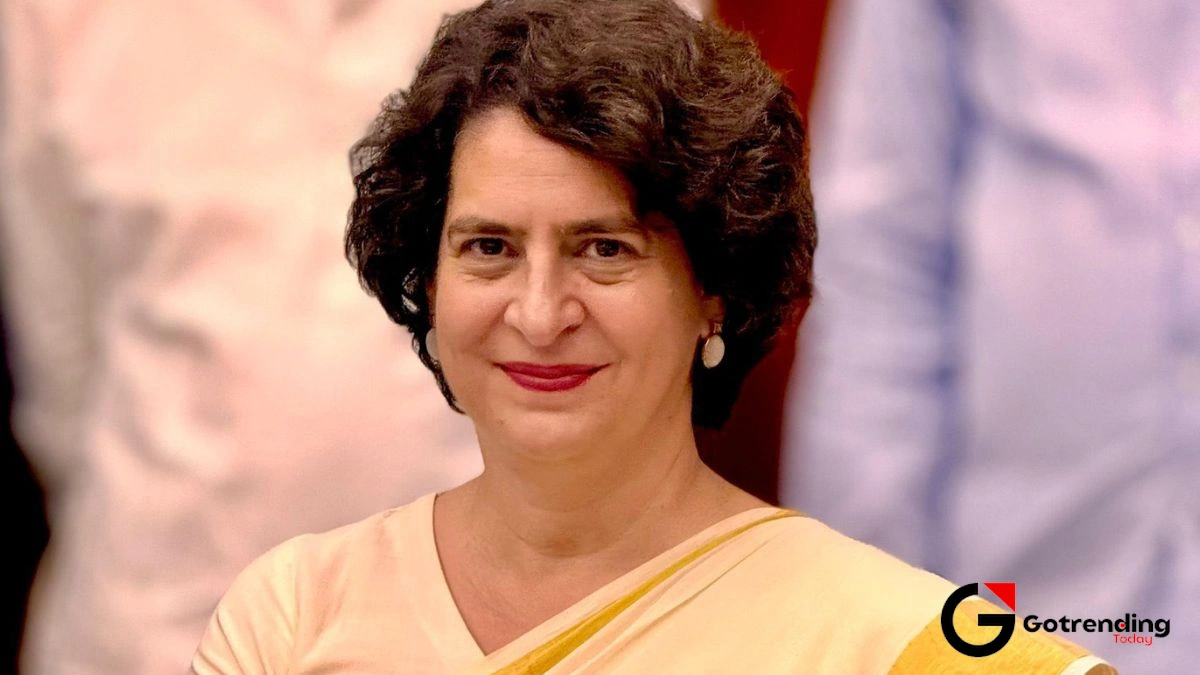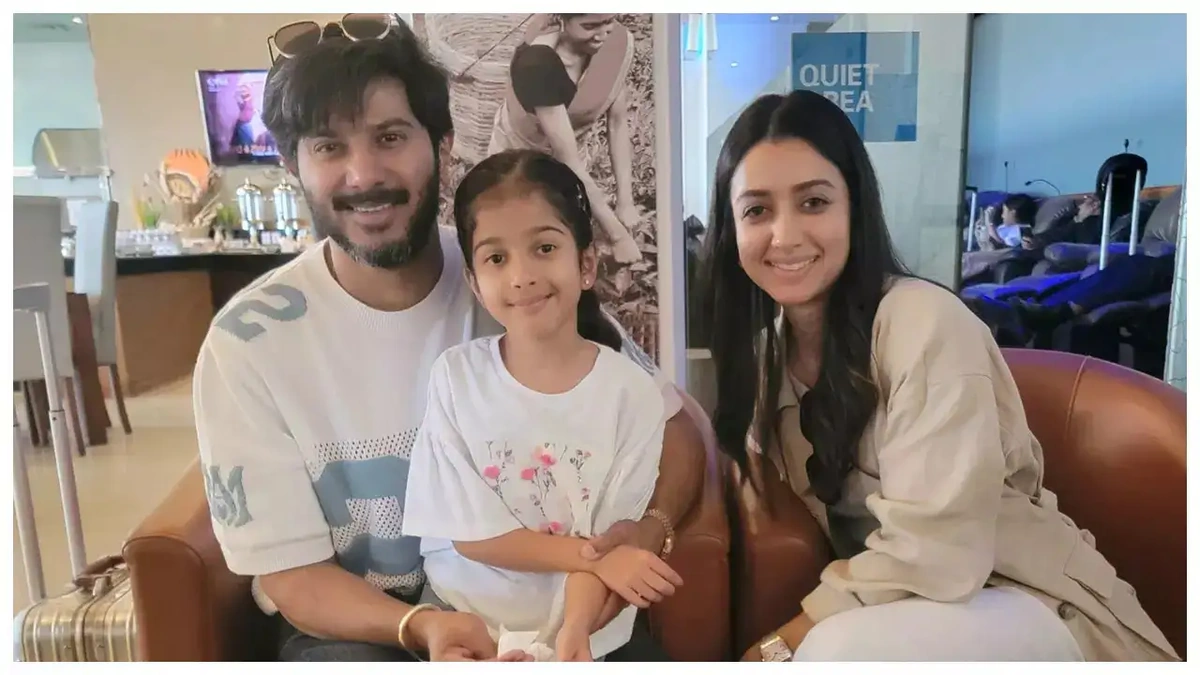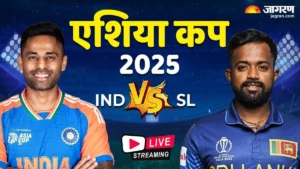So, Priyanka Gandhi Is Finally Taking the Plunge. But Is It the Right One?
I’ve been sitting with this news for a bit, letting it marinate. You know how some political stories are just noise, a flash in the pan that’s gone by the next news cycle? This isn’t one of them. The announcement that Priyanka Gandhi Vadra will contest the by-election from Wayanad feels… different. Weighty. After years and I mean years of being the Congress party’s biggest ‘what if,’ the question has finally been answered.
Let’s be honest. For anyone who follows Indian politics, the ‘will she, won’t she’ saga around Priyanka’s electoral debut has been its own cottage industry. She’s been the star campaigner, the backroom strategist, the face on the poster who could draw a crowd with just a wave. She was the mystique, the final card held close to the chest. But a card held for too long loses its value, doesn’t it? I always thought so. But now, with this move, it seems the timing wasn’t about delay, but about precision.
The Ghost of Elections Past and the Promise of Wayanad
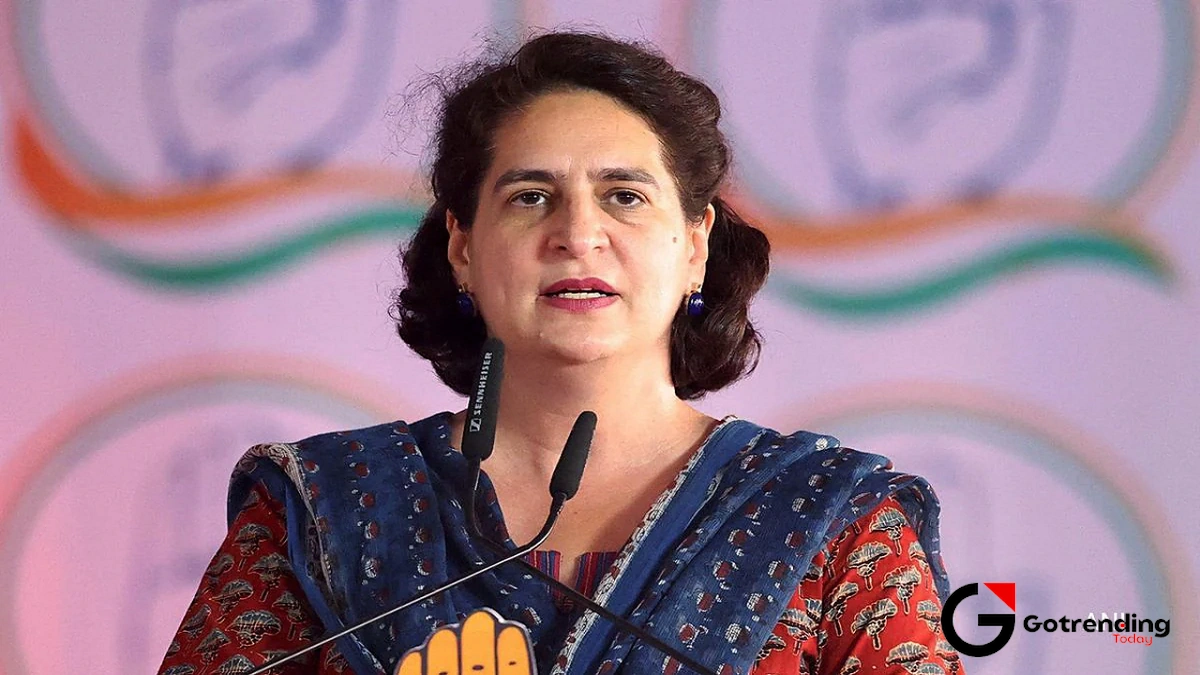
Think about her role until now. She was always present, yet absent. She’d sweep into Uttar Pradesh before an election, kicking up a storm of media attention and public curiosity. Her resemblance to her grandmother, Indira Gandhi, was a constant, almost haunting, talking point. She had the charisma, the sharp retort, the political lineage. What she didn’t have was a seat at the table. Not the real one, anyway. Not in the Lok Sabha.
And that’s why this Priyanka Gandhi Wayanad move is so pivotal. It’s a full stop on the era of being a part-time political force. It’s a declaration that she is no longer just a campaigner for her brother or her party; she is a primary player. This isn’t a trial run in a tough UP seat. This is a strategic placement in a constituency that has just overwhelmingly voted for her brother, a place that has shown its loyalty to the family. It’s as safe a launchpad as one could ask for. Maybe too safe? Some will say that. But after the Amethi shock of 2019, you can’t blame the party for choosing caution. Politics is as much about spectacle as it is about winning, a bit like the anticipation for War 2 movie updates ; the build-up matters immensely.
More Than Just a Sibling Swap
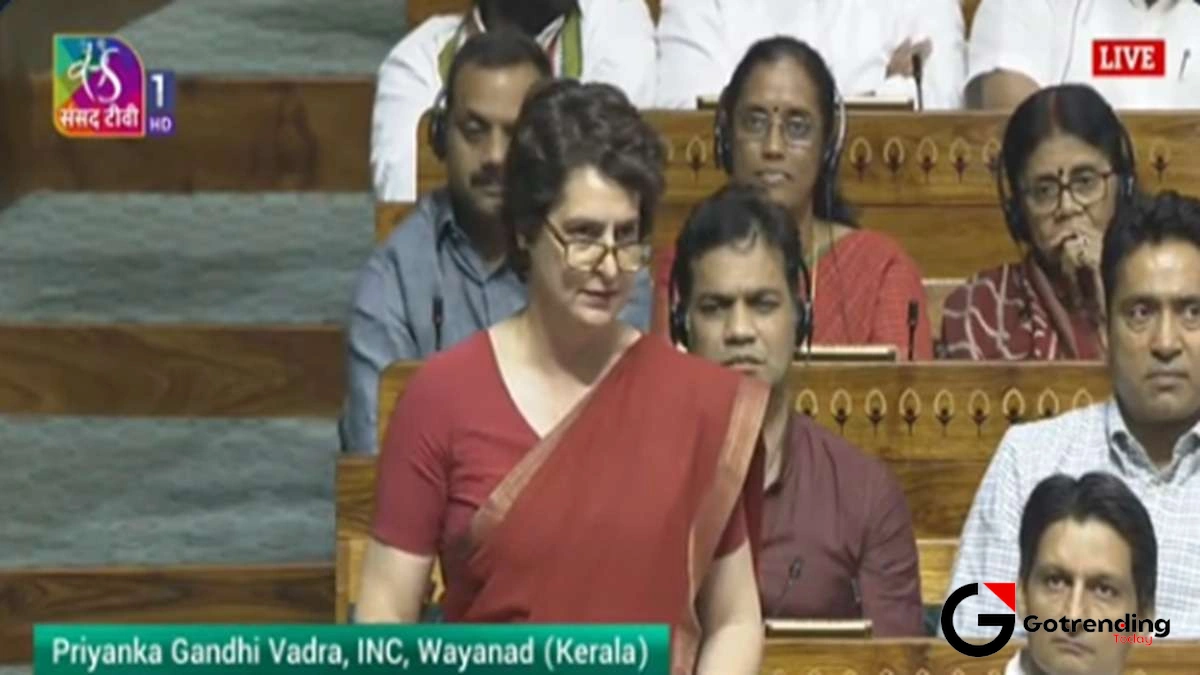
At first glance, it looks simple: Rahul Gandhi won two seats, Raebareli and Wayanad. He chose to keep the family bastion of Raebareli in the Hindi heartland and passed the southern stronghold to his sister. A neat little swap.
But wait, there’s something even more interesting here. This isn’t just about finding a seat for Priyanka. It’s a calculated move to solidify the Congress’s presence across India. With Rahul Gandhi Raebareli as his constituency, he reclaims the family’s political home in the North. By having Priyanka in Wayanad, the family retains its powerful symbolic connection to the South. It’s a strategic pincer movement, an attempt to tell the entire country, from UP to Kerala, that the Gandhis are here to stay. It counters the BJP’s narrative that Congress is being wiped out from the North.
And it sends a message of intent about the Congress party future . It’s no longer solely reliant on Rahul Gandhi to be the face of the opposition inside Parliament. The party is, quite literally, doubling down on its most famous family. Whether you see that as a strength or a weakness probably depends on your existing political leanings.
What Priyanka in Parliament Actually Means
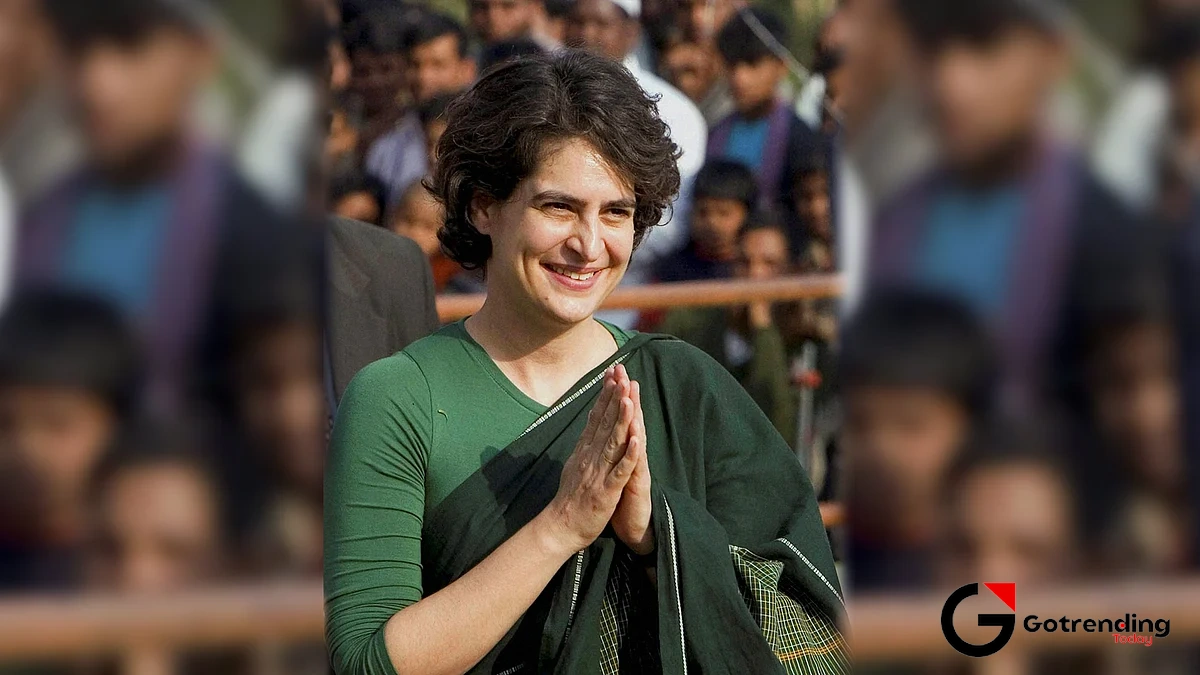
This is the part that fascinates me the most. What happens when the Lok Sabha live feed flickers on and we see Priyanka Gandhi Vadra rising to speak? We’ve seen her on the campaign trail – fiery, emotional, connecting with the crowd. But parliamentary debate is a different beast entirely. It’s less about rhetoric and more about data, procedure, and sharp, targeted attacks.
The Congress has unearthed some powerful new voices in the last Parliament. Think about the speeches of Mahua Moitra (when she was there) or the relentless, well-researched interventions of a rising star like Gaurav Gogoi . These are the MPs who have defined what a modern opposition parliamentarian can be: articulate, aggressive, and always armed with facts. This is the league Priyanka is stepping into. The expectation on her will be immense. She won’t just be another first-time MP; she’ll be judged against the top performers from day one.
Her presence will inevitably create a new centre of gravity. The dynamic of Priyanka Gandhi vs Narendra Modi , which has so far been a long-distance war of words at rallies, could now potentially play out across the floor of the house. That’s a tantalizing prospect for political junkies. She brings a new dimension, a different style, and frankly, a level of star power that few in Indian politics possess, not unlike the public fascination with a public figure’s life story, like the Kiara Advani biography .
Answering the Sceptics (and the Dynasty Question)
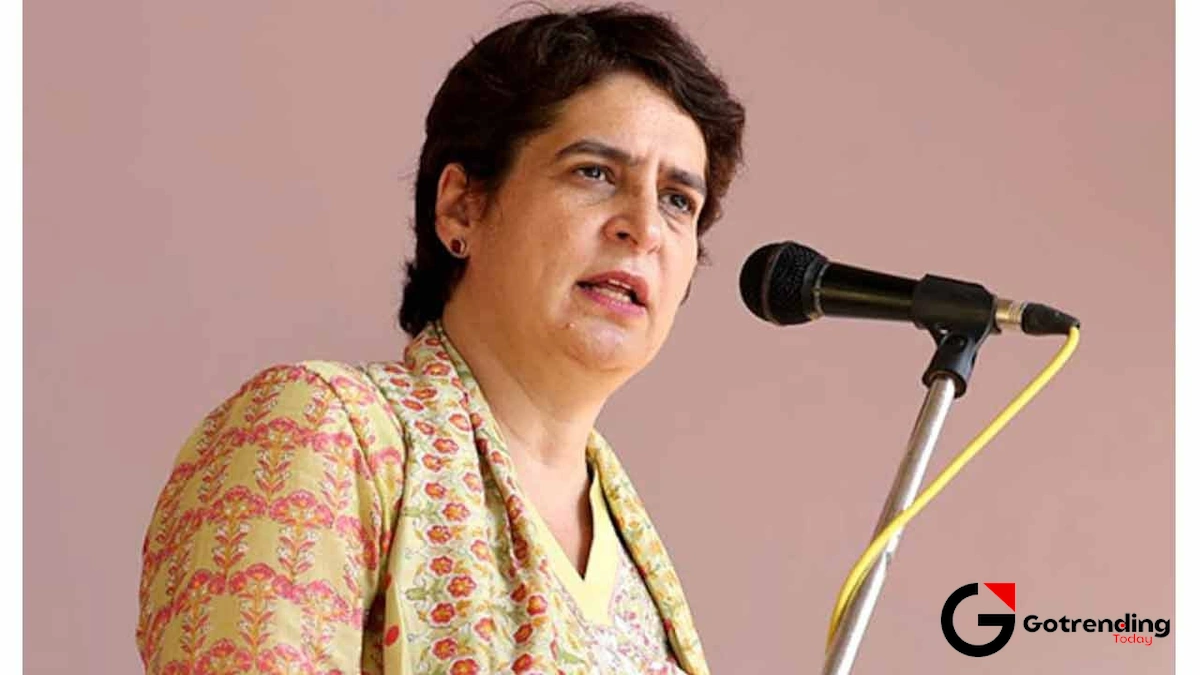
Of course, the moment the news broke, the criticism began. And it’s a valid, predictable line of attack: the Nehru-Gandhi dynasty . The BJP was quick to label it ‘parivarvaad’ politics, as reported by multiple outlets . The optics of a brother vacating a seat for his sister are, to be blunt, not great for a party trying to shake off that very accusation.
But here’s the thing. The Congress party seems to have made a calculated bet that the benefits of having Priyanka’s voice in Parliament outweigh the damage from the dynasty charge a charge that’s going to be levelled against them anyway. Their calculation is likely that performance trumps perception. If she proves to be an effective, formidable MP, someone who can corner the government and articulate a vision, the criticism might just fade into the background. It’s a huge gamble. Her Priyanka Gandhi election debut in the Lok Sabha needs to be more than just symbolic; it needs to be substantial. If she flounders, the “I told you so” from her critics will be deafening.
I keep coming back to this point because it’s crucial. This isn’t the end of a story. It’s the beginning of a new, high-stakes chapter for her, and for the Congress. The training wheels are off.
Frequently Asked Questions About Priyanka’s Big Move
Why did Priyanka Gandhi choose Wayanad specifically?
It’s a mix of strategy and safety. Rahul Gandhi won Wayanad by a massive margin, making it a “safe seat” for her electoral debut. This minimizes the risk of a loss. Strategically, it also allows the Congress’s most prominent family to have a strong foothold in both North India (with Rahul in Raebareli) and South India, sending a message of national presence.
Is this her first time contesting an election?
Yes, it is. While she has been an active and high-profile campaigner and a General Secretary for the Congress party for years, this will be the first time Priyanka Gandhi herself is a candidate on the ballot for a Lok Sabha or any legislative seat. It’s a major shift in her political career.
How is this different from her previous roles in the Congress party?
Vastly different. Her previous roles were organizational and campaigning-focused. She was a strategist and a star campaigner, working behind the scenes or on the rally stage. By contesting, she’s seeking a legislative role, aiming to be a lawmaker inside Parliament, which comes with constitutional responsibilities and a direct accountability to her constituents.
What’s the big deal about having both Rahul and Priyanka in the Lok Sabha?
It fundamentally strengthens the Congress’s frontline attack in Parliament. It provides two powerful, high-profile voices to challenge the government. It also formally brings the party’s two most influential leaders into the legislative arena, ending speculation and potentially creating a more cohesive leadership structure.
Is she guaranteed to win in Wayanad?
In politics, nothing is ever 100% guaranteed. However, this is as close to a sure thing as it gets. Given Rahul Gandhi’s landslide victory margin in 2024 and the constituency’s history of favouring the Congress-led UDF, her victory is highly probable. The real test won’t be winning the election, but her performance as an MP afterward.
